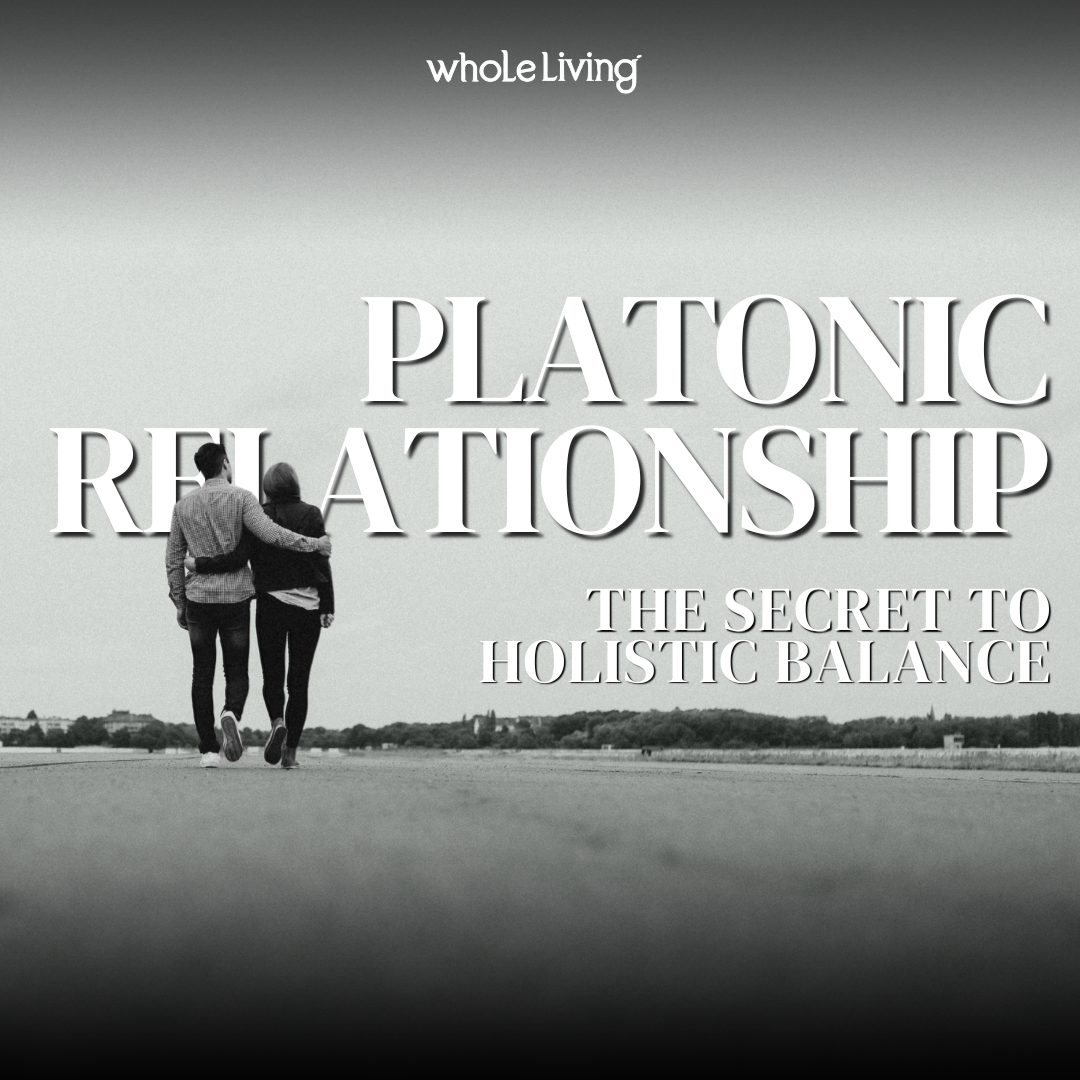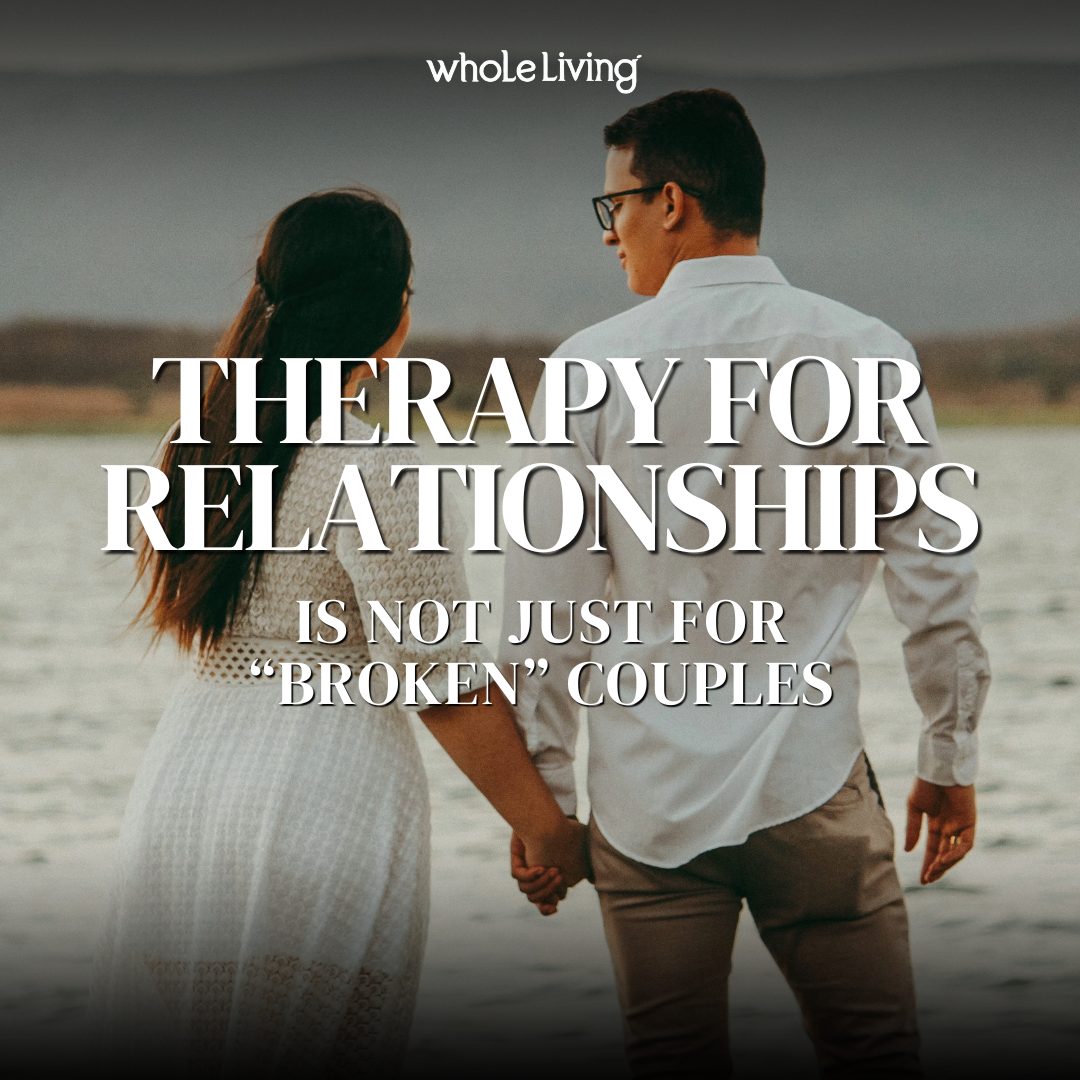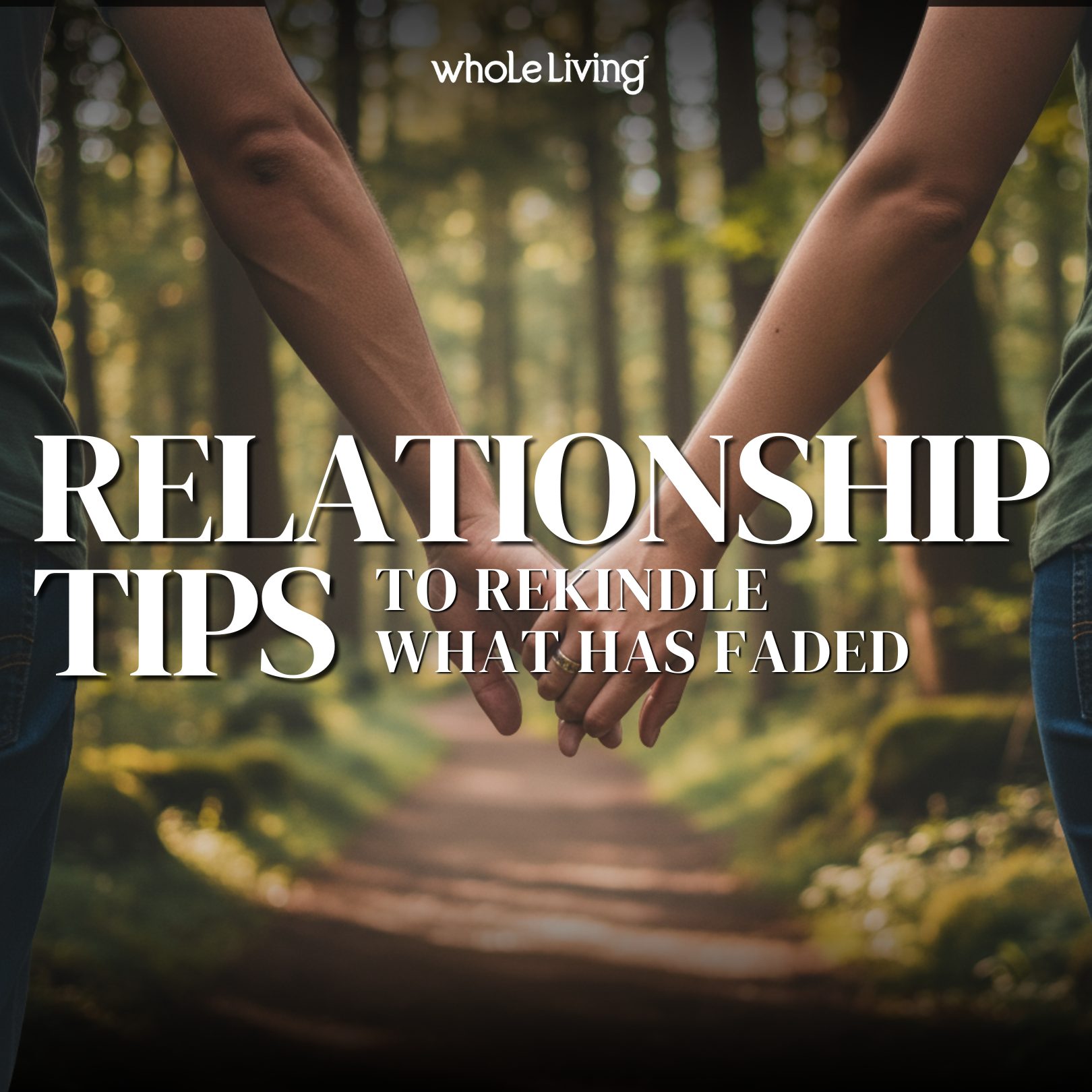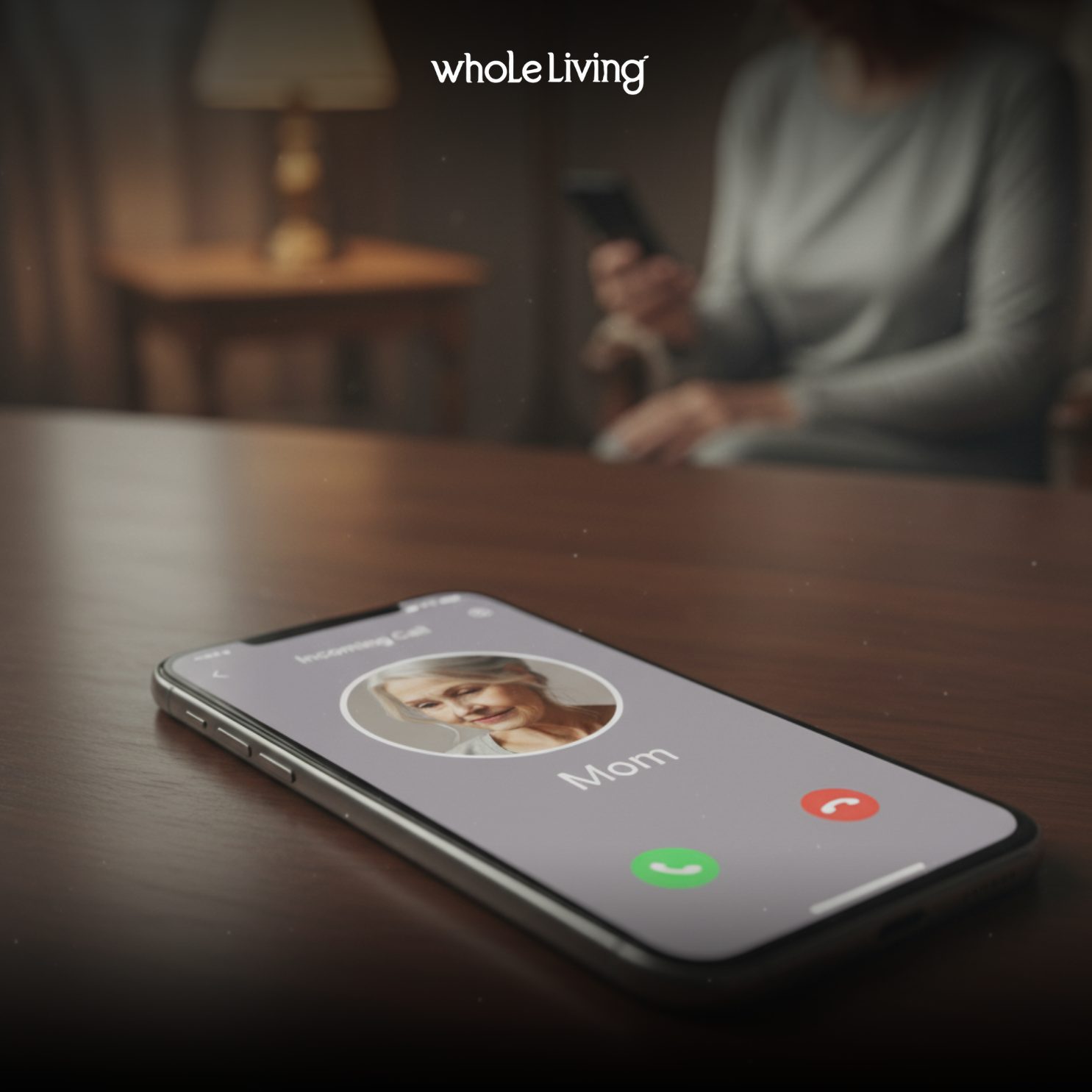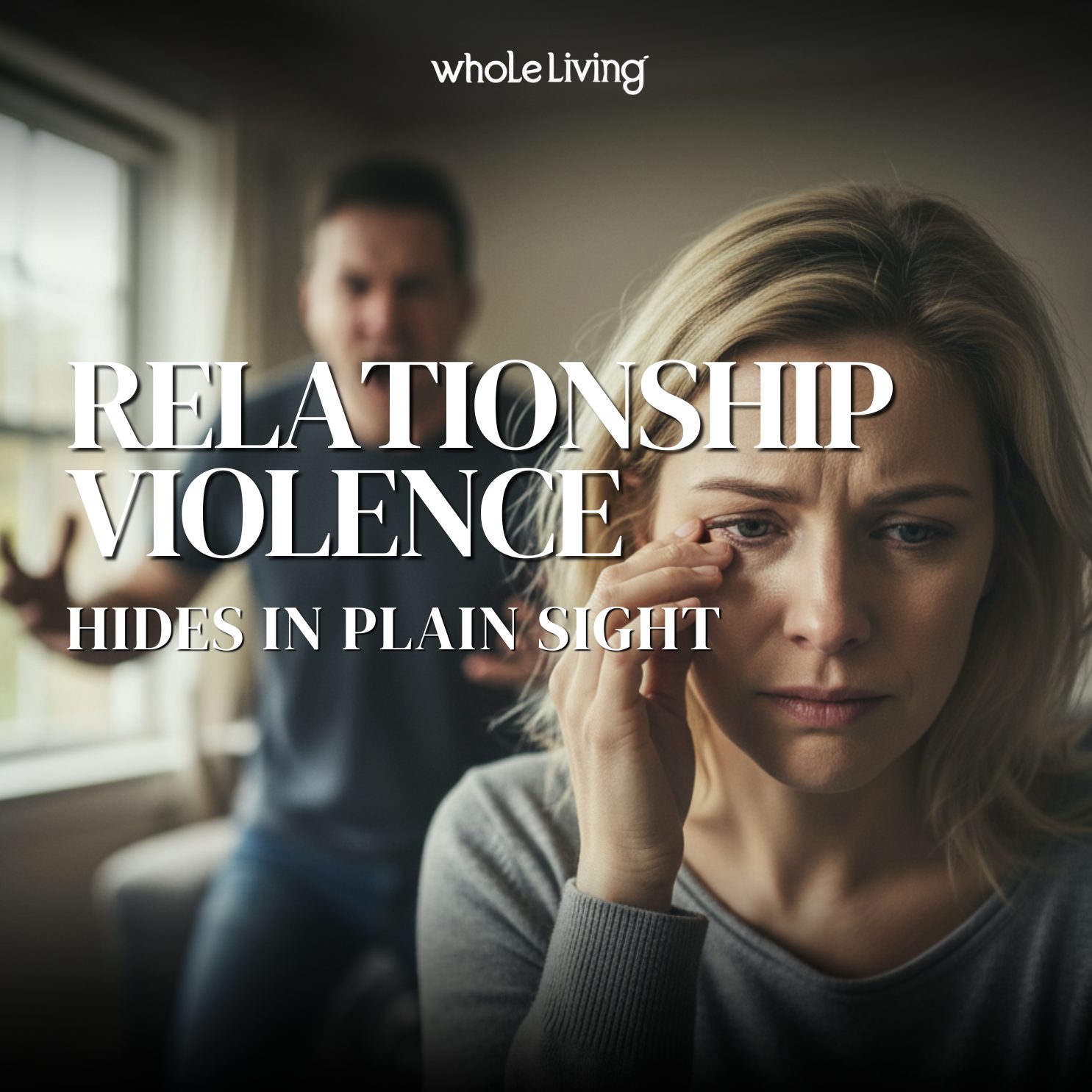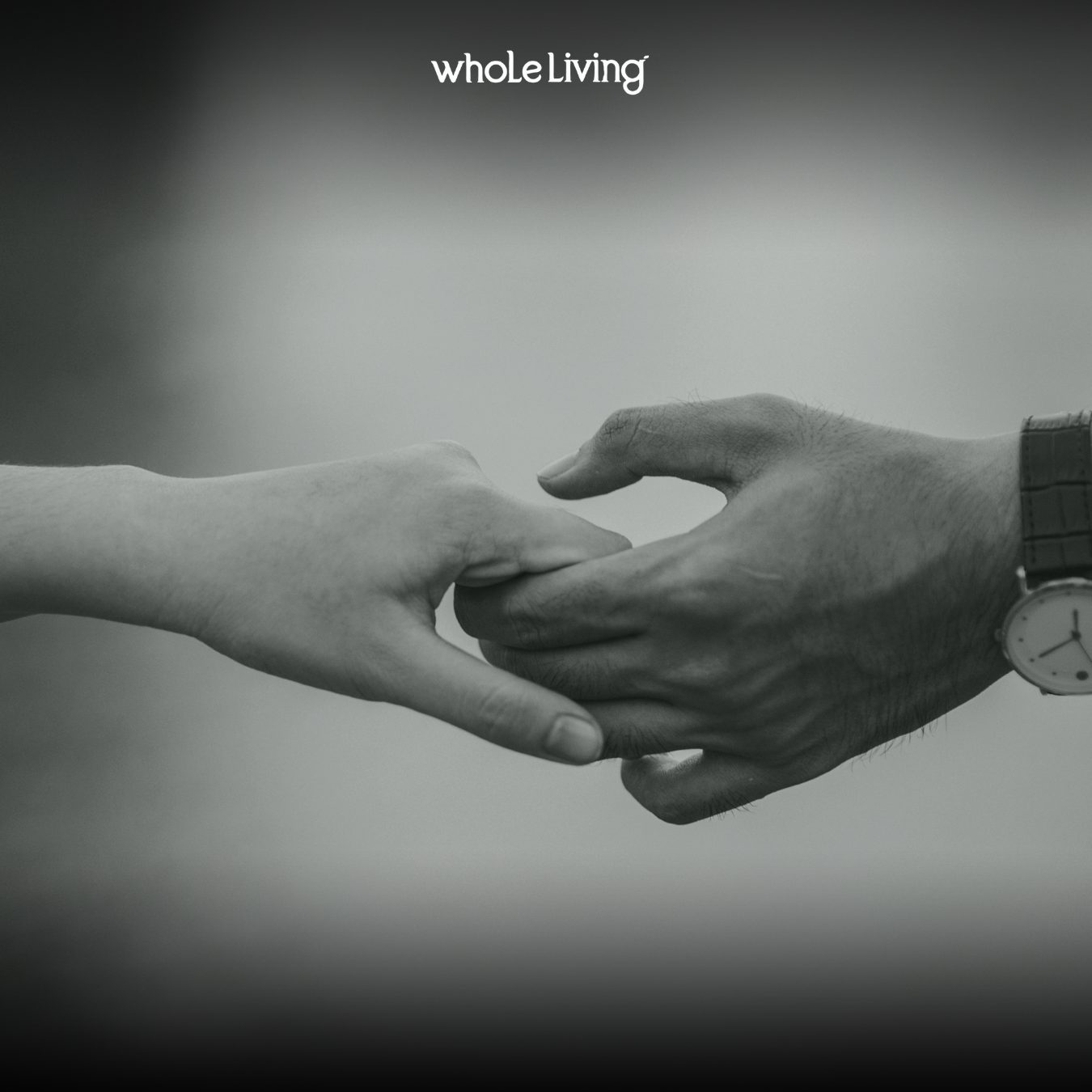In This Article
You’ve just met someone new and everything feels magical. They shower you with affection, compliments, and grand promises. You might even find yourself wondering, is this real love or could it be a love bomb? In the early stages of a new relationship, it’s normal to feel excited and hopeful. But when that affection feels over the top, constant, or too intense after only a few weeks, it may be a sign of love bombing.
Love bombs are intense expressions of attention and affection that happen very quickly. While they might seem sweet and romantic at first, they can actually be a form of emotional manipulation. Love bombing is often used to gain control over a partner and create quick emotional dependence. If you've been love bombed, it can feel confusing because it’s wrapped in compliments and care. But the truth is, not all grand gestures mean someone’s heart is in the right place.
This guide is here to help you understand the difference between genuine love and love bombs. You deserve to feel safe, seen, and supported in your relationship. Whether you’re unsure about your current partner or reflecting on a past experience, this space is for you. Let’s take a gentle, honest look together.
What Is Love Bombing? A Quiet Trap Disguised as Passion

Love bombing is when someone overwhelms you with affection, attention, and compliments in a way that feels too much, too soon. It often starts in the early stages of a new relationship and may look like constant texts, big gifts, or nonstop praise. On the surface, this behavior seems flattering. But underneath, it can be a way to gain control and move the relationship forward before you’re ready. People love bomb to create fast emotional bonds that are difficult to break later on.
Many love bombers may not even realize what they’re doing. Sometimes it comes from deep insecurity, fear of abandonment, or narcissistic tendencies. In more serious cases, love bombing is tied to narcissistic personality disorder, where the goal is to pull you in quickly to feed their need for attention and control. These intense displays of love aren't about connection; they’re about power. It’s important to pay attention to the pace of the relationship and how it makes you feel.
You might notice how quickly the focus shifts to you being their “everything.” They may talk about a future together after just a few days or weeks. This excessive attention can make you feel special at first, but also a little uneasy. If you're constantly being told how perfect you are without truly being known, it's okay to pause. Real love grows over time—it doesn’t rush or demand.
The Three Stages of Love Bombing

Love bombing usually happens in three stages. These are known as the idealization phase, the devaluation phase, and the discard phase. Each stage is part of a harmful pattern that makes you feel high and low in a relationship. Recognizing these stages can help you protect your emotional well-being and avoid falling deeper into an abusive relationship. If you’re feeling overwhelmed by a partner’s changing behavior, this may explain why.
- The idealization phase is when the love bomber puts you on a pedestal. You are perfect in their eyes. They shower you with compliments, gifts, and attention. It can feel like a whirlwind romance. But this is often just the beginning of emotional manipulation.
- The devaluation phase comes next, often when you start to set personal boundaries or show your true self. The love bomber may start to criticize, ignore, or guilt you. You might feel like you’ve done something wrong, even when you haven’t. This stage can deeply affect your self esteem and make you question your worth.
- The discard phase is when the love bomber pulls away entirely. Sometimes they leave without warning. Other times, they stay but withhold affection and care. You may feel abandoned and confused, wondering what happened to the person who seemed so loving. This cycle can repeat, keeping you in a loop of confusion and longing.
Real Love vs. Love Bomb: The Core Differences

Real love grows slowly and steadily. Love bombing, on the other hand, feels fast, intense, and all-consuming. In a healthy relationship, affection comes with respect and emotional safety. You feel free to express your thoughts, take your time, and build trust naturally. But when you're being love bombed, you may feel pressured to move faster than you're ready for.
One major difference is how each type of relationship makes you feel. Real love helps you feel calm, supported, and seen. Love bombs make you feel anxious, guilty, or unsure—especially when things seem too good to be true. If you feel like you're being swept up in something you can’t control, that’s a red flag. Pay attention to whether your feelings are being honored, not just your presence.
Another key difference is space. Real love allows for personal space and independence. A love bomber might expect constant communication and try to spend time with you nonstop. If you feel guilty for wanting alone time or for spending time with friends, something is off. Genuine love honors your need for balance.
In a loving relationship, your partner celebrates your growth and respects your choices. A love bomber, however, might try to control your decisions or lock things down early. Love is patient—it doesn’t demand your whole heart before it’s ready.
READ ALSO: Relationship Tips to Rekindle What’s Faded
Love Bombing Signs You Shouldn’t Ignore

If you're unsure whether you're experiencing love or love bombs, here are some warning signs to watch for. These signs of love bombing often show up early and can be easy to overlook when you're caught up in the excitement. But noticing them can help you protect your self worth and build healthier connections.
- Excessive flattery and compliments that feel too much for how little time you've known each other.
- Grand gestures like expensive gifts, elaborate plans, or big declarations of love after only a few weeks.
- Constant communication—texts, calls, and messages that never seem to stop, even when you’re busy or trying to rest.
- Pressure for commitment early in the relationship, like wanting to move in, get married, or define the relationship too soon.
- Overreaction to boundaries, especially if you ask to slow things down or spend time alone.
Love bombing signs aren’t always obvious right away. But if you start to feel overwhelmed or uneasy, that’s your inner voice telling you something. You have every right to take your time and check in with how you feel. A partner who truly cares will respect your pace. If you’re seeing several of these red flags, it might be time to pause and reflect.
Why People Love Bomb: It’s Not Always What You Think

People love bomb for different reasons, and not all of them are deeply calculated. Some love bombers are acting from insecurity or a fear of being alone. Others may have narcissistic traits or be trying to gain control over their partner. In some cases, love bombing is linked to narcissistic personality disorder, where emotional manipulation becomes a pattern. It’s important to understand this so you can spot harmful behavior without blaming yourself.
Love bombing behavior can also come from an insecure attachment style. When someone fears rejection, they may rush into showing affection to feel safe and wanted. But what begins as a desire for connection can quickly turn into a toxic relationship when it’s based on control. Love bombing is often used to avoid accountability, especially if the person doesn’t want to deal with real emotional intimacy. It becomes easier for them to focus on grand gestures instead of building genuine connection.
This doesn’t excuse harmful behavior, but it does explain why it can be so confusing. A love bomber might seem sweet and loving at first. But over time, their actions can make you feel guilty for having your own needs. They may push you to spend time with them constantly or feel indebted to their attention. Understanding the “why” behind love bombing helps you step back and see things more clearly.
Love Bombing Examples in Real Life

Here are a few examples of love bombing in real life that you might recognize:
- You meet someone on a first date, and by the end of the night, they’re calling you their soulmate.
- Within a few days, they send you flowers at work and write you a long love letter.
- They talk about marriage or moving in together after only a few weeks of knowing each other.
- They message or call you constantly, and get upset if you take too long to respond.
- You notice you're spending less time with friends and feel pressure to be with them 24/7.
- You start to feel uneasy, but they shower you with compliments to keep you close.
- They make you feel guilty for needing personal space or questioning their intentions.
Love bombers use excessive attention and affection to hook you emotionally. These early highs make it harder to recognize the emotional manipulation happening underneath. Over time, you may begin to doubt your feelings or question your own judgment. That’s exactly how love bombing works—it makes you confused, dependent, and unsure of what’s real. Learning from real life examples like this can help you protect your peace and self worth.
READ ALSO: Obsessive Relationship Disorder Can Feel Like Love
How Love Bombing Affects Your Mental and Emotional Health

Being love bombed can leave deep emotional marks. At first, everything feels exciting and intense. But as the relationship shifts, you may begin to feel drained, confused, or even anxious. Love bombing often leads to emotional abuse, especially when your partner starts to criticize or withdraw affection without explanation. This cycle can seriously damage your self esteem and ability to trust yourself.
You might notice that your feelings become harder to understand. One moment you feel cherished, the next you feel wrong or not good enough. That emotional rollercoaster is a warning sign that the relationship is not safe or healthy. Over time, this kind of treatment can lower your self worth and lead to deeper emotional wounds. You may even blame yourself for needing space or for speaking up.
Love bombing also affects how you show up in future relationships. It can make you afraid to open up or question whether your boundaries are valid. The more you experience this pattern, the more likely you are to tolerate toxic behaviors. If you’ve been love bombed before, healing takes time and care. But the first step is naming what’s happening and knowing it’s not your fault.
Support from trusted friends, family members, or a therapist can help you begin to rebuild. Your feelings are valid, and you deserve a relationship rooted in respect, not control. Emotional manipulation is never okay, even when it’s disguised as love. You are worthy of being seen, heard, and loved in a way that honors your whole self.
How to Respond When You Feel Love Bombed

If you're starting to feel love bombed, the most important thing you can do is pause. Take a moment to reflect on your feelings without judgment. Ask yourself if the pace of the relationship feels right or if you’ve begun to feel overwhelmed. Sometimes love bombing feels good at first, but your body may still be sending quiet signals that something is off. Learning to trust that inner voice is a powerful step toward clarity.
Here are a few ways to respond when you suspect love bombing:
- Reflect on your feelings. Sit with what’s happening and ask yourself if this connection feels balanced or if it’s moving too fast. Listen to how your body reacts—do you feel calm or anxious?
- Talk to trusted friends or family members. They can offer honest perspectives and emotional support when you feel unsure. Often, those close to you can see red flags that are harder to notice when you’re emotionally involved.
- Notice if you feel guilty for needing personal space. Guilt is a sign that your boundaries may be getting crossed. Wanting space is normal and healthy, not a reflection of disinterest.
- Slow things down. You have every right to take your time. Real love will never fade because you asked for breathing room—it will only grow stronger with respect and patience.
Taking these steps helps you regain clarity and balance. Love should never leave you confused or rushed. When you slow down and check in with yourself, you make room for genuine love to grow—one that respects your pace and honors your peace.
Building Healthy Boundaries Without Shame

Healthy boundaries are not walls—they are gentle, loving lines that protect your peace and self worth. If you've been love bombed before, setting boundaries might feel scary at first. But in a real relationship, boundaries are respected, not punished. You deserve to feel safe and supported, not like you're walking on eggshells. Your intuition is wise, and it’s okay to listen to it.
Start by being honest with yourself about what feels good and what doesn’t. If your new partner wants constant contact, but you need time alone to recharge, that’s completely okay. Communicate your needs clearly and kindly, and watch how they respond. A partner who values a healthy relationship won’t try to override your feelings. They will welcome your honesty because they care about your well-being.
Create space for the relationship to unfold naturally. You’re allowed to say no, to ask for time, and to prioritize your own life without guilt. These small steps are how you build a fulfilling relationship rooted in balance, not control. The love you’re looking for will honor your boundaries, not treat them like a threat.
READ ALSO: Therapy for Relationship Problems Isn’t Just for “Broken” Couples
When It’s Time to Walk Away

There comes a time when love bombing shifts into something darker. What once felt like affection may now feel like control. If your partner’s behavior has become manipulative or threatening, it may be moving toward abusive behavior. This could look like emotional abuse, isolation from friends, or even physical harm. These are not just red flags—they are signs it’s time to protect yourself.
You might notice that attempts to set personal boundaries are met with anger or guilt-tripping. If your partner refuses to respect your space or tries to gain control through emotional manipulation, that is a warning sign. You may feel confused, exhausted, or afraid to speak up. These are not feelings that belong in a loving relationship. You are not wrong for wanting peace and emotional safety.
Seeking support is a strong and necessary act of self-care. Talk to someone you trust or reach out to a professional who can help you safely create distance. Leaving a toxic relationship takes courage, but you are more than capable of choosing what’s right for your life. Remember, love should feel like freedom—not fear.
Your Path to Healing After Love Bombing

Healing after love bombing is not about rushing to be okay. It’s about slowly coming back to yourself with care and kindness. You’ve been through something confusing and painful, but you can rebuild at your own pace. Here are a few gentle ways to begin your healing journey:
- Practice mindfulness. Start small—just a few moments of quiet breathing each day. Mindfulness helps you reconnect with your body, notice your emotions, and calm your thoughts.
- Reconnect with friends and family members. Love bombers often isolate their partners. Spend time with people who truly care for you and remind you of your worth. Genuine connection is one of the best ways to heal.
- Journal for self worth and self esteem. Write about your feelings, your growth, and what you’ve learned. Seeing your words on paper helps you release pain and celebrate progress.
- Set loving intentions for future relationships. Think about the kind of love you want moving forward—steady, patient, and mutual. These intentions become your compass for healthy love.
Every small act of care helps you regain your confidence and peace. Healing doesn’t erase what happened, but it transforms how you move forward. You’re reclaiming your strength, your joy, and your ability to love yourself fully again.
Final Thoughts: Choose Love That Honors You
You are worthy of a love that feels steady, kind, and true. One that respects your boundaries, nurtures your spirit, and grows with patience. A fulfilling relationship will never demand your trust—it will earn it, day by day. It will not make you feel guilty, overwhelmed, or afraid to speak your truth. Real love supports who you are, not who someone wants you to be.
If you’ve experienced love bombing, know that you are not alone—and you are not broken. This is your opportunity to rediscover what healthy relationships look and feel like. True love never rushes, never controls, and never makes you feel less than. It moves slowly, with intention and respect.
Choose the kind of love that honors you fully. Let go of what felt wrong and open your heart to what feels right. You deserve the calm, steady joy of being loved for exactly who you are. Keep going—you’re already on the path to something beautiful.






